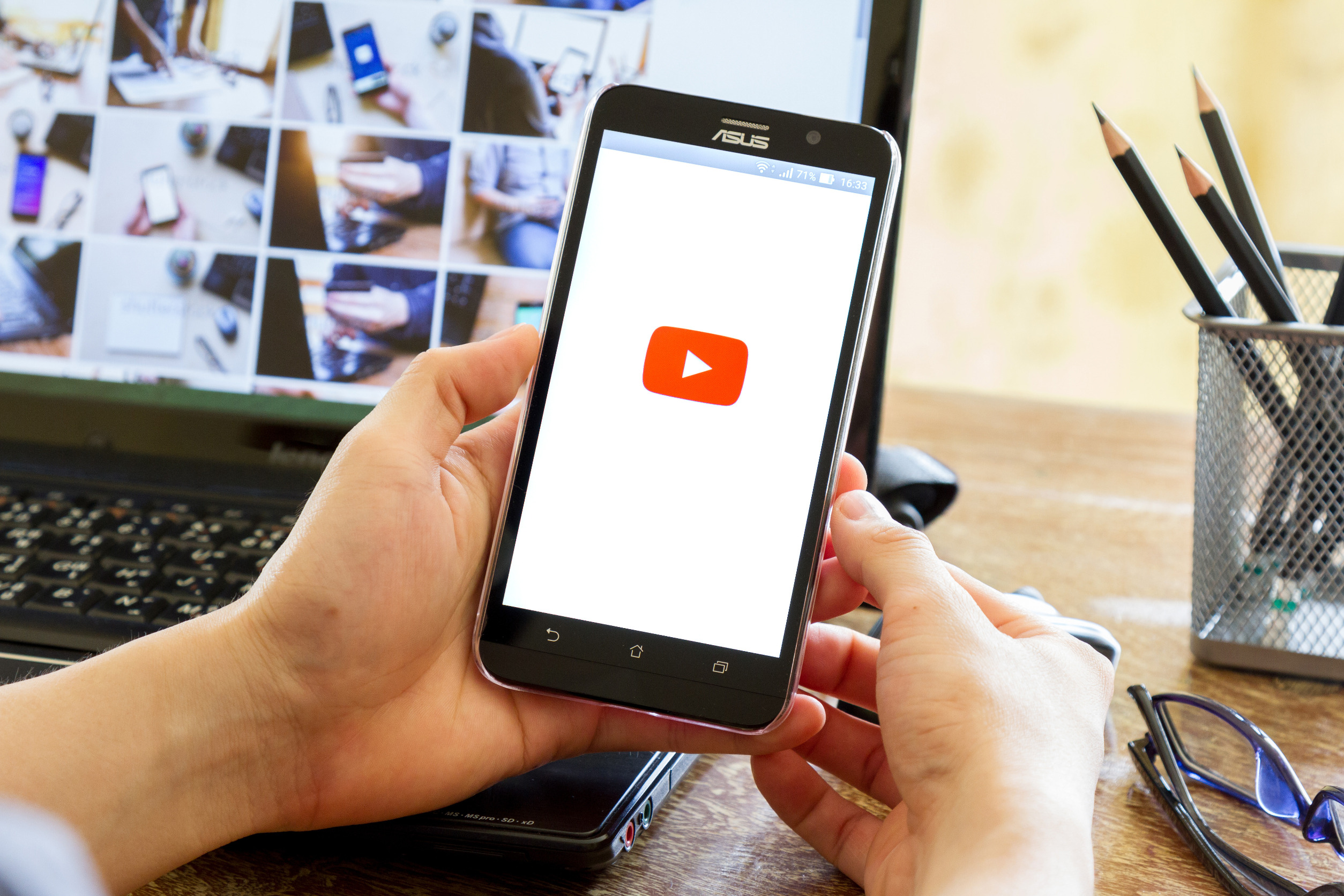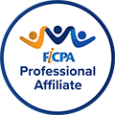If you’re a YouTuber, you’ve likely been faced with the unappealing notice that your video has been flagged for copyright infringement by the author of a work who claims you used his/her content without their permission. The resulting action being that you either: must take down the video; are not allowed to monetize it; get a strike on your channel, or; other. This is especially frustrating if you generate regular content in the form of reviews, commentary, critique or discussions. Be it talking about celebrity gossip, analyzing music videos, albums or films; you must’ve thought to yourself: “how can I talk about these subjects without getting these notices?”.
Isn’t my Right to Free Speech protected by the Fair Use Doctrine?
That’s precisely why Section 107 of the U.S. Copyright Act establishes the Fair Use doctrine: the ability to exercise your right to free speech without infringing on someone’s copyright. But what exactly does that law say? This:
“the fair use of a copyrighted work … for purposes such as criticism, comment, news reporting, teaching, scholarship, or research, is not an infringement of copyright. In determining … fair use the factors to be considered shall include—
(1)the purpose and character of the use, including whether it is for commercial nature or nonprofit (and whether the use is “transformative”);
(2)the nature of the copyrighted work;
(3)the amount and substantiality of the portion used; and
(4)the effect upon the potential market for or value of the
copyrighted work.
That’s it, the test is straightforward (yeah right). You do not have to ask for permission from the author of a copyrighted work if: (1) you are commenting, criticizing, studying or parodying the work, AND; (2) your use is not commercial, you don’t take more than you need, and you don’t affect the original work’s market. You need to comply with both phases of the test. And as you can see, it’s a tricky test. Here’s how most YouTubers fail it.
How do YouTubers Fail to pass the Fair Use test?
The first phase is relatively easy to comply with, as most content creators are either commenting, criticizing, studying and/or parodying other people’s copyrighted work. Your right to free speech allows you to talk about whatever subjects you like, as long as you are not defaming, inciting to violence or calling for insurrection, generally.
However, it’s in the second phase where content creators fail. This is the famous four-part fair use test. And it’s in the very first step – purpose and character of the use – where creators fall short: their work is commercial in nature! If your content is monetized, it’s commercial in nature, which means that you are (technically) generating revenue that author of the copyrighted work is entitled to, by virtue of having exclusive rights to the commercial exploitation of his/her work, including derivative works, such as critiques, comments and reviews. To put it simply, your right to free speech allows you to express yourself about others’ works; but if you generate money from that expression, you may be infringing on that person’s exclusive rights. In addition to the first step of purpose – character and commercial nature – other factors apply, most relevantly the amount and substantiality of the portion used. Let’s say you’re reviewing a music video. You may say to yourself: surely I must be able to show the video in order to review it. This is where it gets sticky. If you wish to show a clip of the music video in your review, you must be able to prove that you took ONLY AS MUCH AS WAS NEEDED to express your views. But the question is; “how much is just enough?”. There is no bright line answer for that question. And that’s where most copyright owners prevail. They argue that you took more than you needed to, in order to review their works. And who is to say who is right? This is where it gets even stickier: it’s not YouTube!
Who decides what is Fair Use?
YouTube does not make any determinations as to whether your review video falls under the Fair Use exception. But why don’t they? Here’s why. Fair Use is an AFFIRMATIVE DEFENSE. That means that you can only raise it once someone has alleged infringement against you. This is important, because it means that you cannot preemptively assert it. Even if you are convinced that your video is clearly within the exception; you cannot by simply claiming “Fair Use” be absolved of liability for any infringement. This is so because, as an affirmative defense, the only person who can determine whether Fair Use has taken place is a judge. Not you, not the owner, not YouTube. Therefore, it is not until that moment when a final understanding of whether Fair Use has taken place occurs. Everything before that is mere legal speculation. Therefore, YouTube is not an arbiter for the dispute, but a mere conduit between the copyright owner and the alleged infringer, to set the table so that they can resolve their issues. If they are unable to resolve it, YouTube will likely side with the copyright owner, in order to preserve its Safe Harbor immunity as an online publisher under the DMCA.
Are there any Rules of Thumb for easy reference?
So what can content creators do? Here’s a brief breakdown to summarize, using examples:
■ Can I make a video talking about Dua Lipa?
● Talking about Dua Lipa
○ You can talk about her without her permission, as long as it is the truth or your opinion
● Showing pictures/videos of Dua Lipa to talk about Dua Lipa:
○ You can show the image, if it is licensed (permission from author),
○ You can show the image if you are talking about the picture itself (no permission). For example, if the photographer sues Dua Lipa over the picture, and you want to comment on the photo that led to the lawsuit, you don’t need to ask for permission from the author.
○ But if you simply use the picture to talk about Dua Lipa, and are relying on fair use doctrine for use of the image, you may be liable for infringement
■ Can I make a video talking about a Dua Lipa music video?
● Talking about the video
○ You can talk about the video without author’s permission, as long as it is the truth or your opinion, generally
● Showing the video to talk about the video
○ You can show the video, if it is licensed (permission from author), or
○ You can show the video, if your use is non-commercial (generally) and use only as much as is needed to talk about the topic (usually less than you think is needed).






